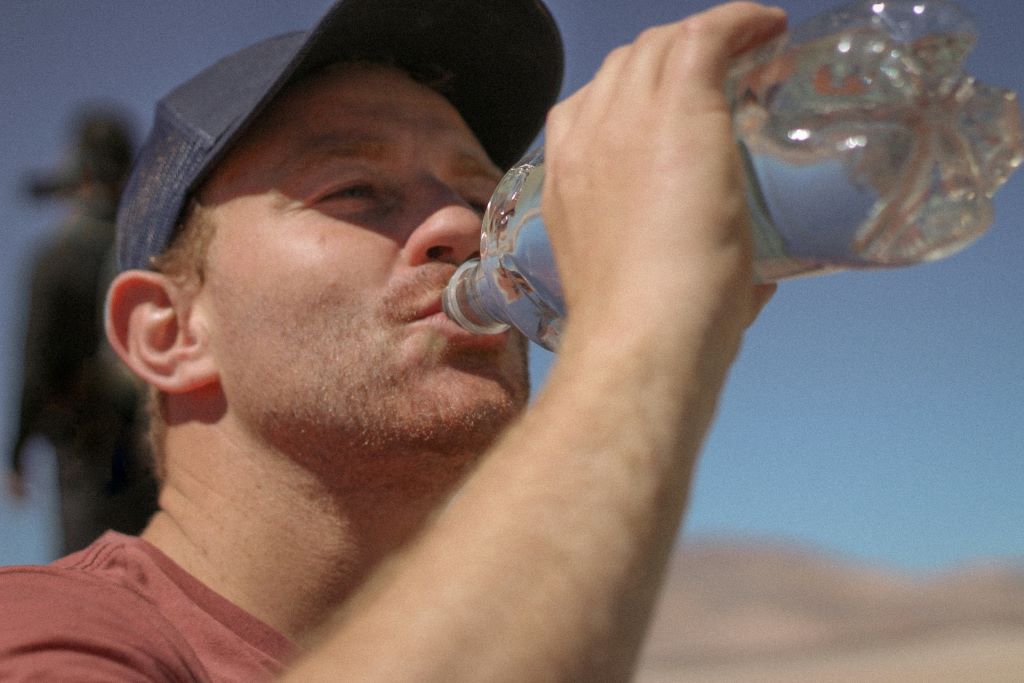Drinking Plenty of Water may Actually be Good for You

Public health recommendations generally suggest drinking eight cups of water a day. And many people just assume it’s healthy to drink plenty of water.
Now researchers at UC San Francisco have taken a systematic look at the available evidence, analysed 18 randomised controlled trials. In their review, published in JAMA Network Open, they concluded that drinking enough water can help with weight loss and prevent kidney stones, as well as migraines, urinary tract infections and low blood pressure.
“For such a ubiquitous and simple intervention, the evidence hasn’t been clear, and the benefits were not well established, so we wanted to take a closer look,” said Benjamin Breyer, MD, MAS, professor and chair of the UCSF Department of Urology.
“The amount of rigorous research turned out to be limited, but in some specific areas, there was a statistically significant benefit,” said Breyer, the senior author of the study. “To our knowledge, this is the first study assessing the benefits of water consumption on clinical outcomes broadly.”
Strong evidence suggested that drinking eight cups of water a day significantly decreased the likelihood of getting another kidney stone. Several studies found that drinking about six cups of water a day helped adults lose weight. But a study that included adolescents found that drinking a little more than eight cups of water a day had no effect.
Still, the authors said that encouraging people to drink water before meals would be a simple and cheap intervention that could have huge benefits, given the increased prevalence of obesity.
Other studies indicated that water can help prevent migraines, control diabetes and low blood pressure, and prevent urinary tract infections. Adults with recurrent headaches felt better after three months of drinking more water. Drinking about four more cups of water a day helped diabetic patients whose blood glucose levels were elevated.
Drinking an additional six cups a day of water also helped women with recurrent urinary tract infections. It reduced the number of infections and increased the amount of time between them. Drinking more water also helped young adults with low blood pressure.
“We know that dehydration is detrimental, particularly in someone with a history of kidney stones or urinary infections,” Breyer said. “On the other hand, someone who suffers from frequent urination at times may benefit from drinking less. There isn’t a one size fits all approach for water consumption.”

